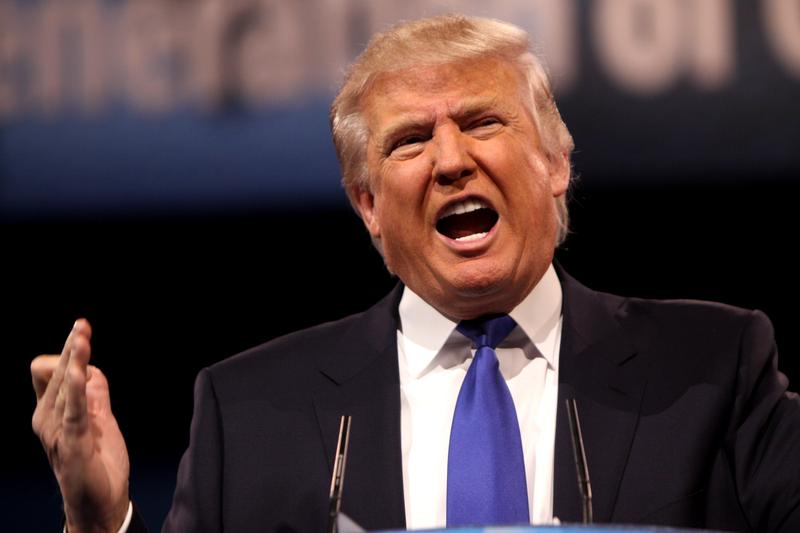
Throw a stone, and you’re likely to hit a Republican voter who is fed up with the establishment party candidates.
"I have faith in none of them," said Scott Fertitta of Staten Island, "from the dog catcher to the congressman to any of the other politicians …. to actually do anything, to actually be able to fix anything, to even do what they say."
The 44 year old cast his first presidential ballot for Ross Perot, the third-party candidate who ran in the 1990s. More recently, he’s found political solidarity with the Staten Island Tea Party, and now Fertitta and many Tea Party members in New York and New Jersey are supporting Donald Trump.
The Tea Party came about in the late 2000s. Some say it's a grassroots movement, while others argue it was built with the support of Charles and David Koch.
The billionaire brothers have for years pushed for libertarian policies like ultra-free trade, and have been successful in moving the Republican party to the right through its political organization, Americans for Prosperity, which provided indirect support to the Tea Party.
"We’ve done some empirical work that shows that this ultra free-market party to the right of the Republicans has pulled Republican politicians into unpopular positions on a lot of things," said Theda Skocpol, a government and sociology professor at Harvard University who co-authored a paper about the Koch network called The Koch Effect.
The Koch network, however, generally supports Republican presidential hopefuls Marco Rubio and Ted Cruz — but those candidates seem to have lost favor with Tea Party voters. In other words, the people who may have built the Tea Party are no longer in control of who Tea Party voters are supporting.
They like Trump.
"He's [Trump] funding himself, he's not beholden to the GOP, he's saying all the things that we want to say to the GOP," said Barbara Gonzalez, a former Tea Party organizer in New Jersey.
Tea Party activists say they also like Trump's promise to get tough on trade with other nations and demand they pay tariffs to the U.S. He also has vowed to deport 11 million undocumented immigrants and build a wall on the Mexican border.
This kind of nativism gives Trump a place in history alongside notorious populists like the segregationist George Wallace. The former Alabama governor ran for president on a third party ticket in 1968. He played on fears about black civil rights, and split the parties of both the Republicans and Democrats.
"What Wallace [did was] break deep ancestral ties to the Republican Party; in the 1970s you see a lot of split-ticket voting," said Daniel Schlozman, assistant professor at Johns Hopkins University.
That new coalition of Southern white people, blue-collar white people and wealthy northerners held until the Tea Party started making inroads into the Republican Party. If Trump sweeps Super Tuesday as expected, it could signal the next major re-alignment of the Republican Party.
